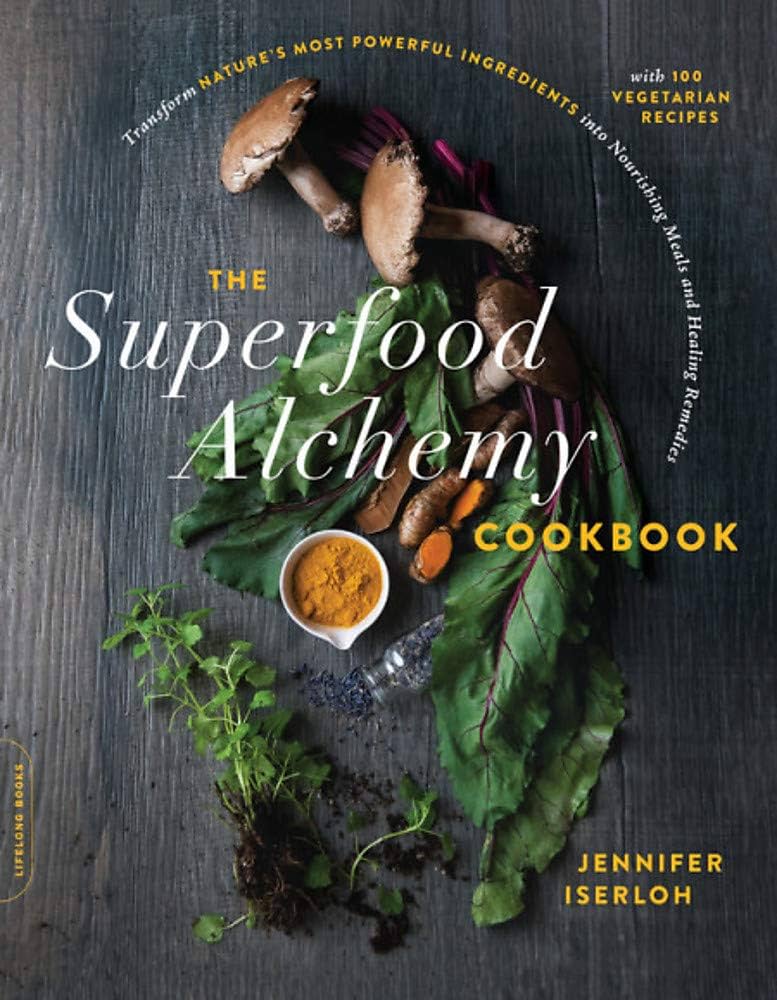Mediterranean Diet Milk: Boost Your Health with Dairy Alternatives
Milk is not traditionally part of a Mediterranean diet, but you can substitute it with unsweetened almond or soy milk as nuts and legumes are staples of the diet. If you’re new to the Mediterranean way of eating and are struggling to cut down on dairy, replacing milk with these alternatives can be a suitable option.
The Mediterranean diet is renowned for its health benefits, promoting heart health, weight management, and overall well-being. It is based on the traditional eating patterns of people living in countries surrounding the Mediterranean Sea, such as Greece and Italy. This diet is characterized by an abundance of fruits, vegetables, whole grains, legumes, nuts, seeds, and olive oil.
It also includes moderate consumption of fish, poultry, eggs, and dairy products, as well as limited intake of red meat and sweets. While dairy products, including milk, are not a central part of the Mediterranean diet, small amounts of cheese and yogurt are included. However, individuals who prefer or need to avoid dairy can easily substitute milk with unsweetened almond or soy milk, which aligns well with the principles of the Mediterranean diet.
Incorporating Dairy In The Mediterranean Diet
A little goes a long way. Milk is not traditionally part of a Mediterranean diet. If you’re new to this way of eating and are struggling to cut down your dairy, you can substitute it with unsweetened almond or soy milk, since nuts and legumes are staples of the diet.
Dairy in Moderation: Understanding the Role of Dairy in the Mediterranean Diet
Dairy is welcome on the Mediterranean diet, in moderation. Unprocessed cheeses like feta, Brie, cotija, Swiss, halloumi, ricotta are a great addition to the diet. These dairy products provide essential nutrients while still aligning with the principles of the Mediterranean diet.
When it comes to milk, however, it is not a typical beverage consumed in traditional Mediterranean diets. Instead, individuals following the Mediterranean diet can opt for alternative dairy options such as unsweetened almond or soy milk. These dairy alternatives can be used in various recipes and beverages without compromising the principles of the Mediterranean diet.
By incorporating dairy in moderation and choosing alternatives like unsweetened almond or soy milk, individuals can still enjoy the benefits of the Mediterranean diet while adjusting their dairy intake to align with this way of eating.
Health Benefits Of Dairy Alternatives
Looking to cut down on dairy in your Mediterranean diet? Try substituting traditional milk with unsweetened almond or soy milk, which aligns with the staples of the diet such as nuts and legumes. Enjoy the health benefits of dairy alternatives while still following the Mediterranean way of eating.
| Nutrients Found in Almond Milk | Nutrients Found in Soy Milk |
|---|---|
| Almond milk is rich in vitamin E, which acts as an antioxidant and supports healthy skin. | Soy milk is a good source of protein, essential for muscle growth and repair. |
| It contains calcium, which promotes strong bones and teeth. | Soy milk is fortified with vitamins and minerals like calcium, vitamin D, and vitamin B12. |
| Almond milk is low in calories and fat, making it a good option for those watching their weight. | Soy milk is rich in omega-3 fatty acids, which are beneficial for heart health. |
Creative Uses Of Dairy Alternatives In Mediterranean Cuisine
A little goes a long way. Milk is not traditionally part of a Mediterranean diet. If you’re new to this way of eating and are struggling to cut down your dairy, you can substitute it with unsweetened almond or soy milk, since nuts and legumes are staples of the diet. Dairy alternatives can be incorporated into various Mediterranean dishes. For soups and stews, you can use almond or soy milk as a base instead of regular milk. In salads and dressings, you can replace dairy-based dressings with plant-based alternatives made from coconut, almond, or soy milk. When it comes to baked goods, you can use almond, soy, oat, or coconut milk as a substitute for cow’s milk. By incorporating dairy alternatives in these dishes, you can still enjoy the flavors of Mediterranean cuisine while adhering to a dairy-free diet.
Exploring Other Dairy Alternatives In The Mediterranean Diet
Discovering new dairy alternatives is key when incorporating the Mediterranean diet. Swap traditional milk with unsweetened almond or soy milk, which align with the diet’s emphasis on nuts and legumes. Enjoy the benefits of the Mediterranean diet while accommodating your dairy needs.
Beyond Almond And Soy Milk: Exploring Other Dairy Alternatives
When it comes to following a Mediterranean diet, milk is not traditionally a part of it. However, if you’re new to this way of eating and struggling to cut down on dairy, there are several alternatives you can explore:
Coconut Milk and Its Culinary Uses
Coconut milk is a popular dairy alternative in the Mediterranean diet. It can be used in various culinary preparations, such as curries, smoothies, and desserts. Its creamy texture adds a richness to dishes without overpowering other ingredients.
Oat Milk: A Creamy and Versatile Dairy Alternative
Oat milk is another creamy and versatile dairy alternative. It can be used in both sweet and savory recipes, such as coffee drinks, pancakes, and creamy soups. Oat milk is often loved for its natural sweetness and smooth texture.
Nut Milk Varieties: Walnuts, Cashews, and Hazelnuts
A variety of nut milks can be enjoyed as dairy alternatives in the Mediterranean diet. These include walnut milk, cashew milk, and hazelnut milk. They can be used in baking, cooking, or simply as a refreshing beverage on their own.
Vegan Cheeses: Nutritional Yeast, Soy, and Coconut-based Options
For those missing the taste and texture of cheese, there are several vegan cheese options available. Nutritional yeast can be used to add a cheesy flavor to dishes. Soy and coconut-based cheeses also offer a similar texture and taste when used in recipes like pizza, pasta, and tacos.
Mixing Dairy Alternatives With Traditional Mediterranean Ingredients
A little goes a long way. Milk is not traditionally part of a Mediterranean diet. If you’re new to this way of eating and are struggling to cut down your dairy, you can substitute it with unsweetened almond or soy milk, since nuts and legumes are staples of the diet.
Here are some examples of how you can incorporate dairy alternatives into your Mediterranean-inspired meals:
| Dairy Alternative Smoothies with Fruits and Vegetables | Dairy Alternative Yogurts with Mediterranean-style Toppings | Dairy Alternative Cheese in Mediterranean-inspired Dishes |
|---|---|---|
| Replace cow’s milk with almond, soy, oat, or coconut milk in smoothie recipes. Add fruits and vegetables like berries, bananas, spinach, and kale for added nutrition. | Opt for plant-based yogurts made from coconut, almond, or soy milk. Top your yogurt with Mediterranean-style toppings such as fresh fruits, nuts, honey, and granola. | Try vegan cheeses made from nuts, soy, or coconut in dishes like pizzas, pastas, and tacos. These alternatives can provide a similar taste and texture to traditional dairy cheese. |
Dairy Alternatives For A Complete Mediterranean Diet
Milk is not traditionally part of a Mediterranean diet, but if you’re new to this way of eating and are struggling to cut down your dairy intake, there are alternatives available. Nuts and legumes are staples of the Mediterranean diet, so you can substitute milk with unsweetened almond or soy milk. These alternatives provide a similar creamy texture and can be used in recipes and beverages.
When it comes to dairy, moderation is key in the Mediterranean diet. Unprocessed cheeses like feta, Brie, cotija, Swiss, halloumi, and ricotta are welcome, but should be consumed in moderate amounts. Additionally, you can incorporate low-fat dairy products such as milk, cheese, or yogurt into your meal plans. Lean protein sources like chicken, turkey, and eggs are also part of a Mediterranean-style diet.
If you’re following a vegan Mediterranean diet, there are several dairy alternatives you can consider. Replace cow’s milk with almond, soy, oat, or coconut milk in recipes and beverages. Opt for plant-based yogurts made from coconut, almond, or soy milk. For pizza, pasta, and tacos, you can try nutritional yeast or vegan cheeses made from nuts, soy, or coconut.

Credit: www.everydayhealth.com
Frequently Asked Questions On Mediterranean Diet Milk
Can You Have Milk On The Mediterranean Diet?
Milk is not traditionally part of the Mediterranean diet. However, if you’re struggling to cut down on dairy, you can replace it with unsweetened almond or soy milk, which aligns with the diet’s focus on nuts and legumes. Dairy, such as cheese, is allowed in moderation on the Mediterranean diet.
What Is A Dairy Alternative On The Mediterranean Diet?
A dairy alternative on the Mediterranean diet can be unsweetened almond or soy milk. Replace cow’s milk with these options in recipes and beverages. Vegan cheeses made from nuts, soy, or coconut can also be used in dishes like pizza and pasta.
Can You Have Sour Cream On Mediterranean Diet?
Yes, you can have sour cream on the Mediterranean diet. However, it is recommended to choose a low-fat or fat-free version.
How Do You Get Enough Calcium On A Mediterranean Diet?
To get enough calcium on a Mediterranean diet, you can try these options: include dairy products like milk, cheese, and yogurt, opt for unsweetened almond or soy milk as a substitute, consume leafy greens, and incorporate salmon or sardines with bones into your meals.
Conclusion
Incorporating milk into a Mediterranean diet is not traditional, but there are alternatives available. If you’re transitioning to this healthy eating plan and struggling to cut down on dairy, unsweetened almond or soy milk can be substituted. Nuts and legumes, key components of the diet, make these milk alternatives suitable options.
Remember, moderation is key when it comes to dairy on the Mediterranean diet. So, while milk may not be a typical beverage, there are still plenty of delicious and creative ways to enjoy dairy in your Mediterranean-inspired meals.


